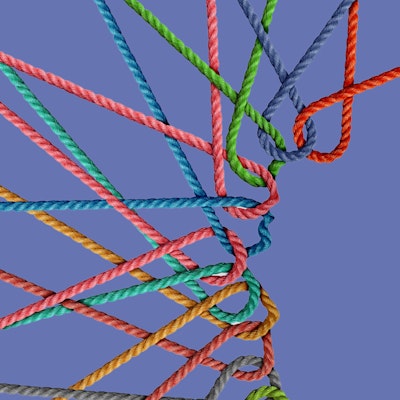Setup
Human morality is a set of cognitive devices designed to solve social problems. The original moral problem is the problem of cooperation, the “tragedy of the commons” — me vs. us. But modern moral problems are often different, involving what Harvard psychology professor Joshua Greene calls “the tragedy of commonsense morality,” or the problem of conflicting values and interests across social groups — us vs. them. Our moral intuitions handle the first kind of problem reasonably well, but often fail miserably with the second kind. The rise of artificial intelligence compounds and extends these modern moral problems, requiring us to formulate our values in more precise ways and adapt our moral thinking to unprecedented circumstances. Can self-driving cars be programmed to behave morally? Should autonomous weapons be banned? How can we organize a society in which machines do most of the work that humans do now? And should we be worried about creating machines that are smarter than us? Understanding the strengths and limitations of human morality can help us answer these questions.
- 2017 Festival
- Society
Explore More
Society


This episode is from the 2022 Aspen Ideas Festival, but we’re bringing it back because it’s still as relevant as ever. Though it can sometimes feel like conflict and discord i...


Sir Ken Robinson believed that as a society, we tragically underestimate and underutilize human ability. We create linear systems for our minds modeled on industry and manufac...


Young people in America are struggling. The causes are varied and may not be entirely clear, but the results are unfortunately unmistakable. Many of our youth feel lonely, iso...

Friends, partners, children, families, coworkers — these connections profoundly shape our lives, and even in the best of times, navigating them takes real work. It also means...

New York Times columnist and bestselling author David Brooks is known for bringing his thoughtful reflections on politics and culture, but at this year’s Aspen Ideas Festival,...

Jump in by watching our 15 most popular talks of all time. From black holes to jazz and civil rights to psychology hacks, we've collected the talks that remain audience favori...

Finding the national and global headlines understandably bleak lately? Whether you need mental distraction or stimulation, engross yourself in compelling topics and get a gli...

Today's kids are coming of age against a backdrop of political, social, technological and economic upheaval. While these circumstances are shaping a precocious generation that...


Hope seems like a simple concept, but the feeling can be difficult to hold onto. And when times are difficult and chaos swirls around us, it’s more important than ever. How do...

Advocates, healthcare providers, legislators, researchers, and venture capitalists are bringing the unique health needs of women to light – from vigorous policy debates on iss...

Ethical dilemmas, stakeholder pressure, building trust — leading organizations requires wisdom and stamina from the top. Who wouldn’t want some advice?

What makes us happy — really? How can we raise resilient and empathetic children? What does it mean to be truly connected in our increasingly digital world? Can we re-instill...

Our need for human connection is profound and deep. Yet, today, one in two adults are living with measurable levels of loneliness – and the numbers are even higher among young...


Conflict and suffering can bring out the worst in people, but it can also bring out the best. This is one of the lessons New York Times columnist Nicholas Kristof has learned...


The federal right to abortions in the United States has been overturned, access to contraception and IVF services are threatened in many states, and the gender wage gap persis...

Henry Louis Gates Jr. — one of America’s leading public intellectuals and director of the Hutchins Center for African and African American Research at Harvard — explains the i...

A nonbinary comedian challenges us to question our notions of self, gender and society, and opens our eyes to what we may gain in the process.

Why do some conversations succeed while others stumble? The neurology and psychology of communication offer surprising explanations for why human connection goes right or wron...

Women are twice as likely to invest in female-led businesses. Explore the ways women approach wealth building and investment, and how they create opportunities to build financ...

The rollback of reproductive rights, the push to end no-fault divorce, and gun laws that allow domestic abusers to own a firearm are turning the clock back on women’s rights....






